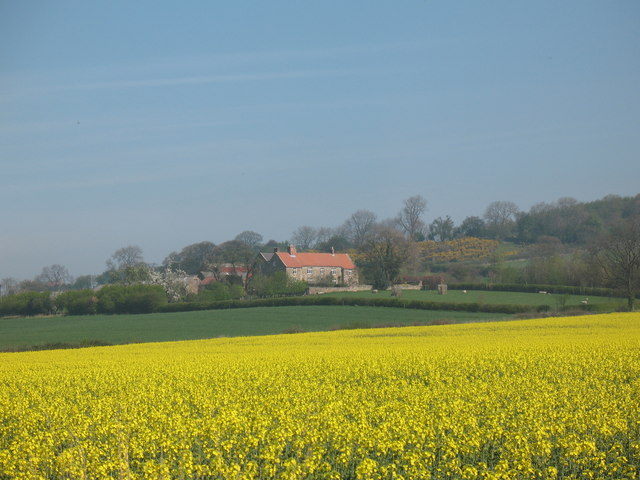
Over the past 10 years prices of agricultural land in England have trebled to £8,265 an acre, meaning farmland performed stronger than many other asset classes.
"On one farm we are selling in southern England, the interest we have received for two blocks of land either side of a country lane suggests the market can vary by as much as £4,000 an acre within a matter of meters," said Knight Frank in their farmland index report.
"Across the country, prices start at £5,000 an acre and head well north of £15,000 an acre for larger parcels of arable land."
A slight increase in the amount of land for sale, combined with lower agricultural commodity prices, means potential buyers are becoming more cautious and price sensitive when choosing what to bid on. Land quality is once again a serious consideration and vendors should be realistic when setting guide prices as over-priced farms will struggle.
But availability is still historically low, and as a consequence we are seeing buyers, particularly investors, looking further afield, including the Welsh borders and north of England, for larger blocks of good quality land that is priced below the levels being achieved in parts of East Anglia and central and southern England.
There is also still a significant number of farmers with development roll-over cash to reinvest into land and this is helping to create local hotspots.
The wide variation in prices makes it extremely difficult to predict where the market is heading, but a period of flatter price growth while the market consolidates is likely, although premium prices will still be paid where there is competitive bidding.
Josh Miller, RICS Senior Economist, commented: “Farmland prices continue. Competition for the right plots remains fierce, especially amongst farmers, while demand from lifestyle farmers is showing signs of life”.
Alex Lawson head of Savills farms and estates team comments, “The range in values for farmland is now so significant that there are buyers who are choosing to take advantage of the relatively good value poorer quality livestock land.
Ian Bailey head of rural research comments, “Clearly an understanding of local market conditions will be critical to both buyer and seller to ensure realistic expectations.”
